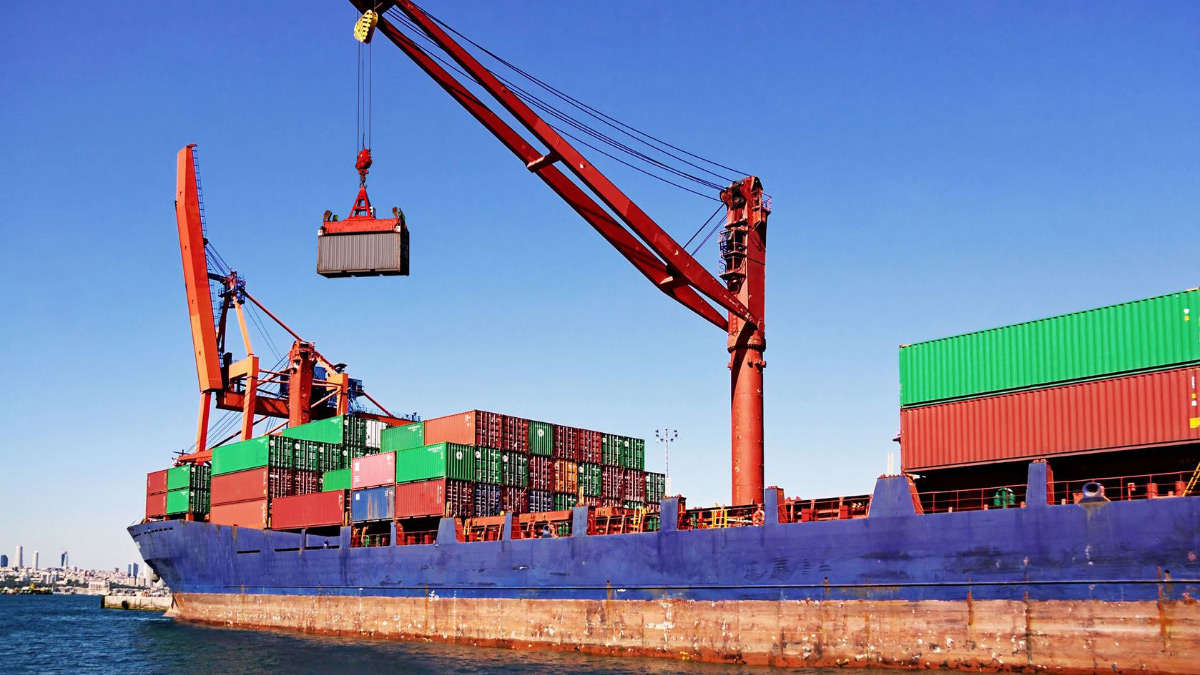Amid much fanfare and in his wave of protectionist fervor, President Trump has promised that the Chinese would pay and pay dearly for the right to sell us stuff. New research by economists at the Federal Reserve Board and the University of Chicago confirms what economists teach about tariffs and trade restrictions in principles of economics classes: consumers are the ones who pay.
And we pay dearly. According to a new paper by Aaron Flaaen, Ali Hortacsu, and Felix Tintelnot, 2018 tariffs on washing machines raised washer and dryer prices by about 12%. The annual cost to US consumers is about $1.5 billion, and the tariffs bring in about $82 million. As intended, the tariffs created about 1,800 new jobs—but even after accounting for the tariff revenue, each new job created costs American consumers “roughly $820,000 per job created.”
That $820,000 per job isn’t a one-time cost, either. It’s annual. This means that consumers would actually be big winners (from this point forward, anyway) if we could find all of the people with these new jobs, pay them $500,000 per year never to work again, and got rid of the tariffs.
That in itself—paying 1,800 people $500,000 per year to do nothing—is a pretty silly policy idea, and yet it would still be better for consumers than the washing machine tariffs.
While the authors point out that these are only partial equilibrium estimates, they are roughly consistent with other findings of the effects of tariffs.
How are American consumers paying so dearly when the manufacturers are responsible for paying the tariffs? Just because someone is legally responsible for paying a tax or tariff doesn’t mean that they actually bear the economic burden of the tariff. If the tariff can simply be passed on to consumers, then it’s American consumers and not foreign producers who bear the tariff’s terrible brunt.
But how could it possibly be a bad thing to have more Americans making washing machines? After all, new LG and Samsung plants in the United States are probably the results of restrictions on international trade. This is surely a win for Americans, isn’t it?
It isn’t. We’re actually wasting resources making washing machines in the United States. The 1,800 people who got jobs making washing machines in response to the tariffs could do something else—or if not them specifically, there are undoubtedly a lot of new opportunities for a lot of people we could create with the $1.5 billion per year in savings we would enjoy from eliminating the tariffs.
“Protectionism” is always popular. After all, who doesn’t want to protect other Americans and their livelihoods? As new research on the effects of washing machine tariffs shows, however, protectionism puts consumers through the wringer.
Here’s Jim Tankersley at the New York Times and Mark Perry of AEI’s Carpe Diem Blog with more commentary. And while we’re on the subject of washing machines, here’s my summary of Hans Rosling’s legendary TED talk on washing machines.









